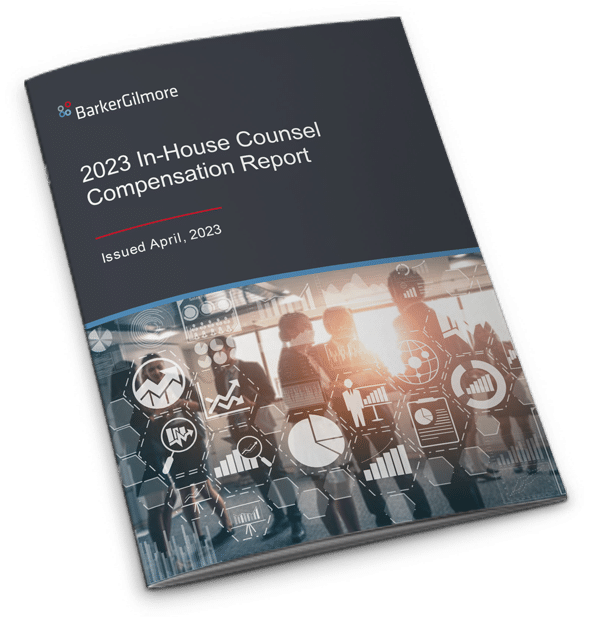Compliance officers are often a company’s most important line of defense against the occurrence of costly mistakes and reputational risk. Most compliance officers take on a high stakes role with a myriad of responsibilities all wrapped up into one: teacher and advisor, counselor and prosecutor, and above all, champion of integrity. Despite the pressure to get it right every time, they too make mistakes. But unlike a simple benign occurrence, mistakes in the compliance arena can have dire consequences including threatening one’s job.
Learning from our own mistakes is crucial but learning from the mistakes of others can be even more valuable. I reached out to CCOs nationwide to develop a better understanding of the most common mistakes made by Compliance officers. My goal is to help you avoid the pitfalls of others and take your compliance career to the next level.
The following insights and advice come from the generosity and wisdom of highly successful CCOs who have truly earned a seat at the table:
- Underestimating his/her importance as a collaborator and business partner
Compliance officers who don’t run their thoughts and ideas by other supporting leaders (i.e. HR, Legal, Audit, Security, Business) to obtain validation or to seek new points of view before making impactful decisions, quickly earn the reputation of “business inhibitor.” It’s important to understand various perspectives on situations in order to establish an open and cohesive environment. - Undervaluing the importance of inspiring and motivating employees
Many Compliance officers see themselves as high ranking police informants. That kind of thinking will only get compliance leaders so far in building a culture of integrity and passion. Ruling by fear and punishment is far less powerful than motivation and inspiration. Compliance officers should be approachable to all associates and maintain an open door. - Focusing too much on process
When compliance becomes a “check the box” exercise, compliance officers undermine the value of the compliance program and miss the opportunity to have a positive impact on the company’s ethical culture. Compliance officers can mitigate this risk by helping to translate operational and regulatory requirements for the business context. - Failing to have empathy for the business
Most businesses are faced with complex regulatory environments and most business leaders want to do the right thing. Some compliance officers believe that when business partners push back on compliance advice, it is simply that they do not want to comply or do business ethically. This makes compliance seem like the “department of no.” Compliance officers should avoid using the word “no” whenever possible. The best response is always “yes, that can be done, but here are the issues to consider/be addressed.” - Disregarding the importance of business norms/language/outside culture
Across global business environments, it’s crucial to communicate appropriately and implement policies that align with the people and culture the business is operating in. Paying attention to these unique components is important in terms of building the most well-rounded compliance program accepted globally. - Not staying ahead of developing laws
Compliance officers must be cognizant of legislation currently on the table to allow for either lobbying efforts by government relations, or an understanding of the impact of a particular law on the business and an appropriate timeline for implementation of new compliance solutions. - Acting like a lawyer
Some compliance officers are lawyers that have good lawyer skills like advising, but poor implementation skills. Being a compliance officer means you need to roll up your sleeves and implement (trainings, SOPs, risk assessments, etc.) Giving a training or writing an SOP in “lawyerese” instead of plain English or making everything confidential or privileged fails to gain the buy-in from the business. As a compliance officer, you need to shed light on things done incorrectly (anonymized of course) so people can learn from others’ mistakes.
Connect with a legal recruiting advisor
* indicates required fields



